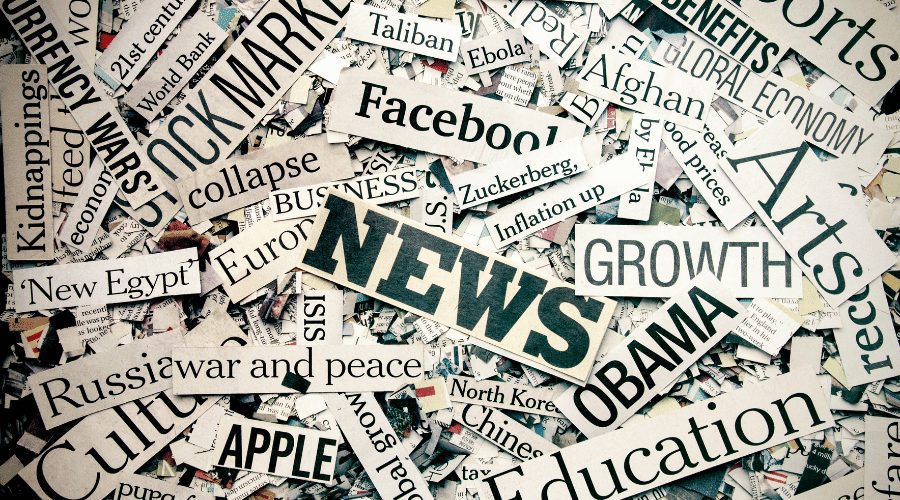Technology topped the charts of news in early 2023, with the grand reveal of Artificial Intelligence (AI) tools ChatGPT (which has significant Microsoft backing) and Bard (developed and operated by Google). Experts are embracing the progress but warning of the risks associated with unrestricted AI. During its first demonstration, Bard was seen to share factually incorrect information with users, while one week after its launch, Microsoft had to place a limit on the number of responses permitted from ChatGPT after it suggested a user end their marriage, compared a journalist to Hitler, and made a threat to harm a user. Both have a long way to go before reaching useable maturity, and presenting a meaningful alternative to modern search and content production.
Building on these technological challenges, deep fake has been seen “in the wild”, which means that the technology is being applied in real time for the first time. Deep fakes are particularly concerning, in that AI is used to artificially alter (or even create from scratch) digital video content. It can be used to manipulate appearance and voice, and is commonly employed to spread malicious content or disinformation campaigns. These stories all serve as a reminder to question what you read and see, and to always employ critical thinking skills and multi-source fact checking, whatever content you consume.
Aside from technological challenges, misinformation and disinformation remain key trends. The newly launched Australia Misinformation Code came under immediate fire for failing to incorporate platforms such as WhatsApp. Meanwhile The Turkey-Syria earthquake has become a hotbed for misinformation (and deliberate disinformation), as scammers seek to make financial gain from the disaster, and well-meaning supporters share unverified content, helping it gain momentum.
Twitter hit the headlines, not once, but twice; first after an explosion of misinformation content following Elon Musk’s takeover and subsequent relaxing of the rules; and second after failing to meet its own commitment to the EU, and providing an incomplete misinformation report. Social video sharing platform TikTok also made headlines for the same reason, coming under European scrutiny for data privacy and disinformation concerns, and was also identified by Eurasia Group as one of the top ten threats for 2023 in their global threat report.
COVID-19 and vaccinations have seen their fair share of coverage in the last six weeks, as a UK MP was suspended for spreading vaccine misinformation.
Our other top picks include this article highlighting that left-wing and right-wing individuals are both just as likely to engage with and spread misinformation (it is often seen as the reserve of the right-wing). We also enjoyed this one from NiemanLab entitled “Good news: Misinformation isn’t as powerful as feared! Bad news:Neither is information.”. Harvard Law delivered this fabulous presentation on the connection between misinformation and magic (hint: they both work on our brains for the same reason), which is really worth a watch/read. And finally, this brilliant article from Forbes defining the difference between misinformation, disinformation and malinformation.
Follow us on social media for more updates like these, or email us with an article you suggest we read…

